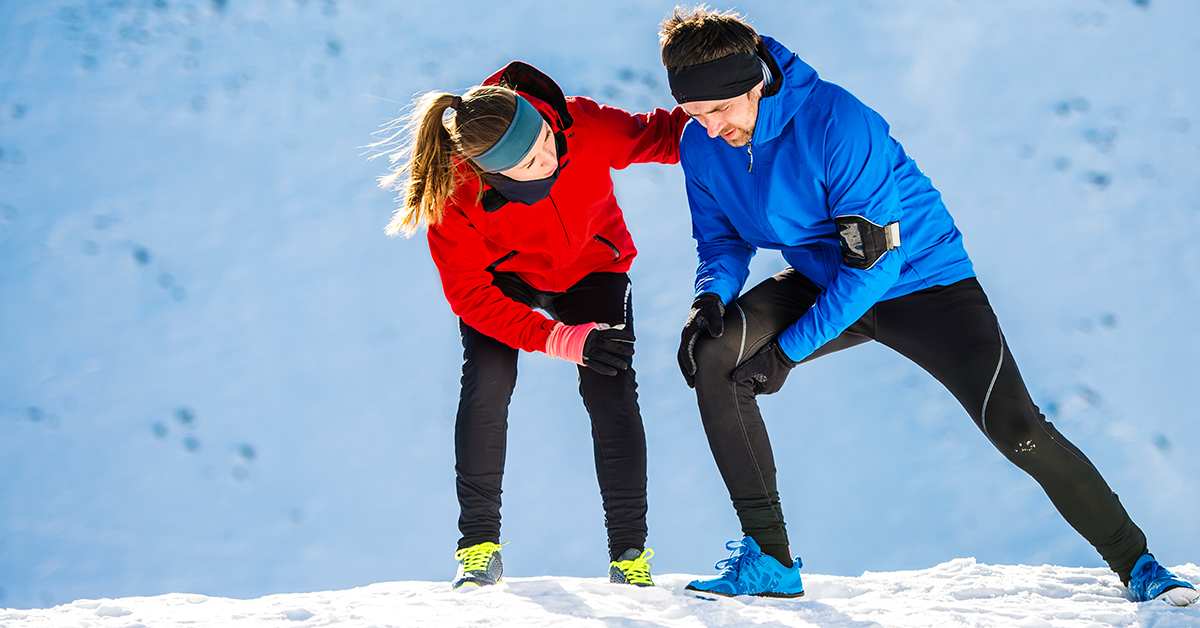
How Does Colder Weather Affect my Knee Injury?
If you're living with a knee injury, you may find that the weather has a significant effect on your knee pain. You're not alone as many people experience flare ups during the cold winter seasons. So what causes knee pain in low temperatures? And what can you do to find relief from it? Keep reading to find out.
Causes of Cold Weather Knee Pain
Barometric pressure usually drops before cold weather makes it debut. When this happens, the fluids and glasses within your joint may expand and place pressure on your nerves, leading to knee pain.
The winter months also come with a great deal of cold and high humidity levels. This combination can be harmful to the structures within your bone and cartilage and exacerbate your pain. If you've injured your knee, scarring and inflammation may cause your nerves to be more sensitive than usual.
Also, the cold can lead to thicker joint fluid and inhibit its flow. This may cause joint stiffness and increased pain. In addition, if you spend a lot of time at home being inactive during the winter, your knee pain may worsen.
Common Winter Knee Injuries
If you're experiencing winter knee pain, you may have runner's knee, which is a condition that can cause your knee joint to rub against your thigh and damage your cartilage. Running with runner's knees can cause an achy, sore feeling.
The cold weather can also lead to knee trauma, which can put more stress on your knees and make it harder for them to complete certain tasks. Knee trauma often results in intensified pain. Patellar tendonitis or jumper's knee can occur as well. This condition can lead to knee pain right below your kneecap and result in stiffness and weakness while performing activities like climbing stairs or jumping.
How to Reduce Cold Weather Knee Pain
While you may not be able to completely eliminate knee pain during cold weather, you can reduce your risk of it. First and foremost, try to keep yourself as warm as possible. Wear warm clothes, use electric blankets, and take warm baths. Heat up your car before you go for a drive and don't go outside without a warm winter jacket.
Another way to reduce cold weather knee pain is to use compression bands. With compression bands, you can minimize swelling and improve knee stability. Staying active through exercise and sports as well as eating healthy can help as well.
If your knee pain worsens during the winter or during any other season, don't hesitate to consult a doctor. They can diagnose your condition and prescribe an individualized treatment plan.
